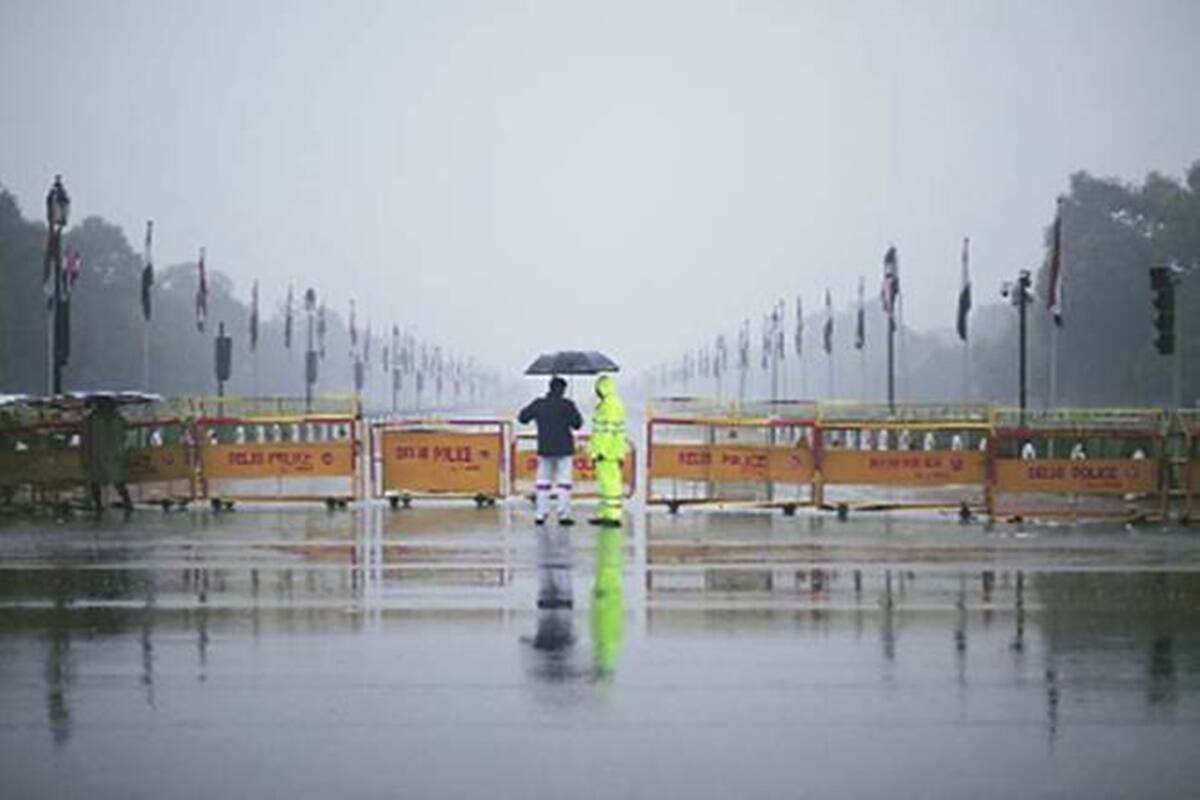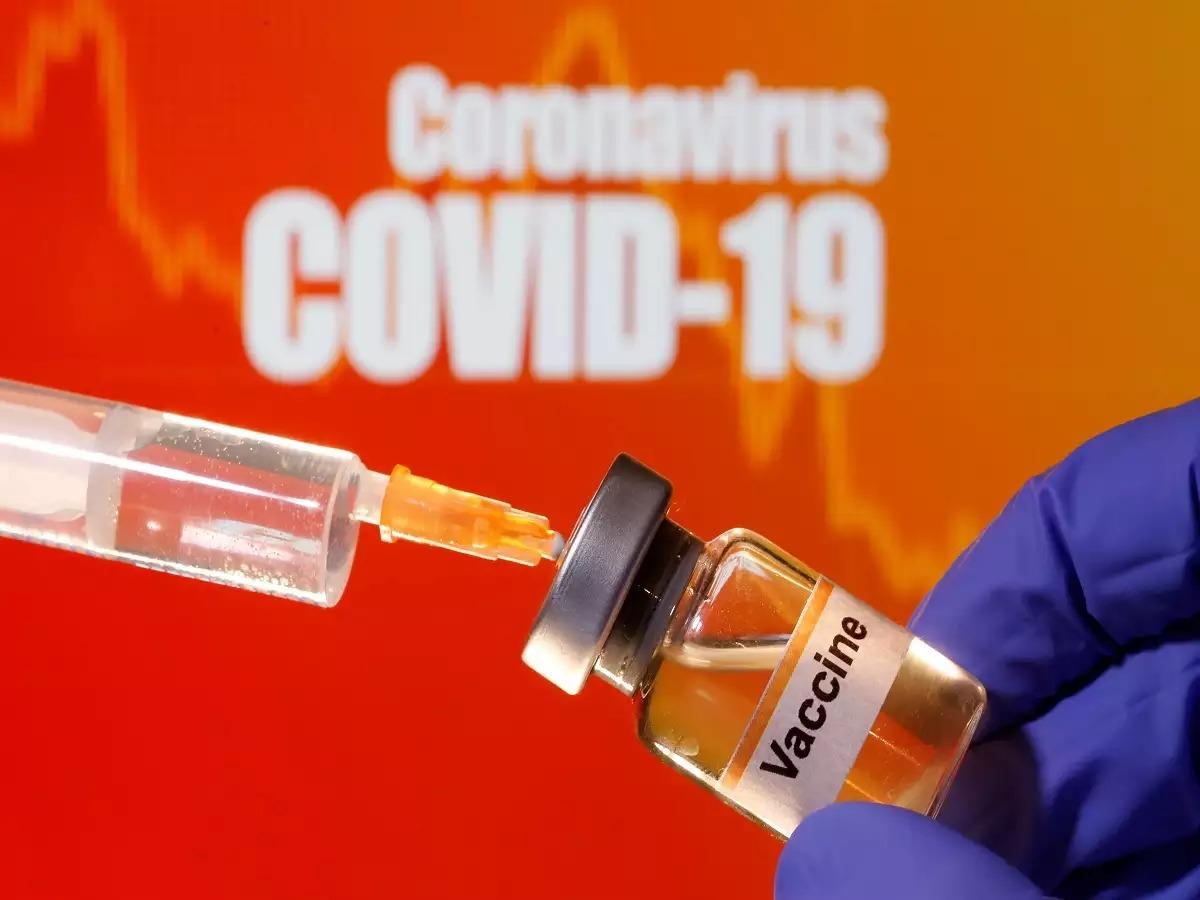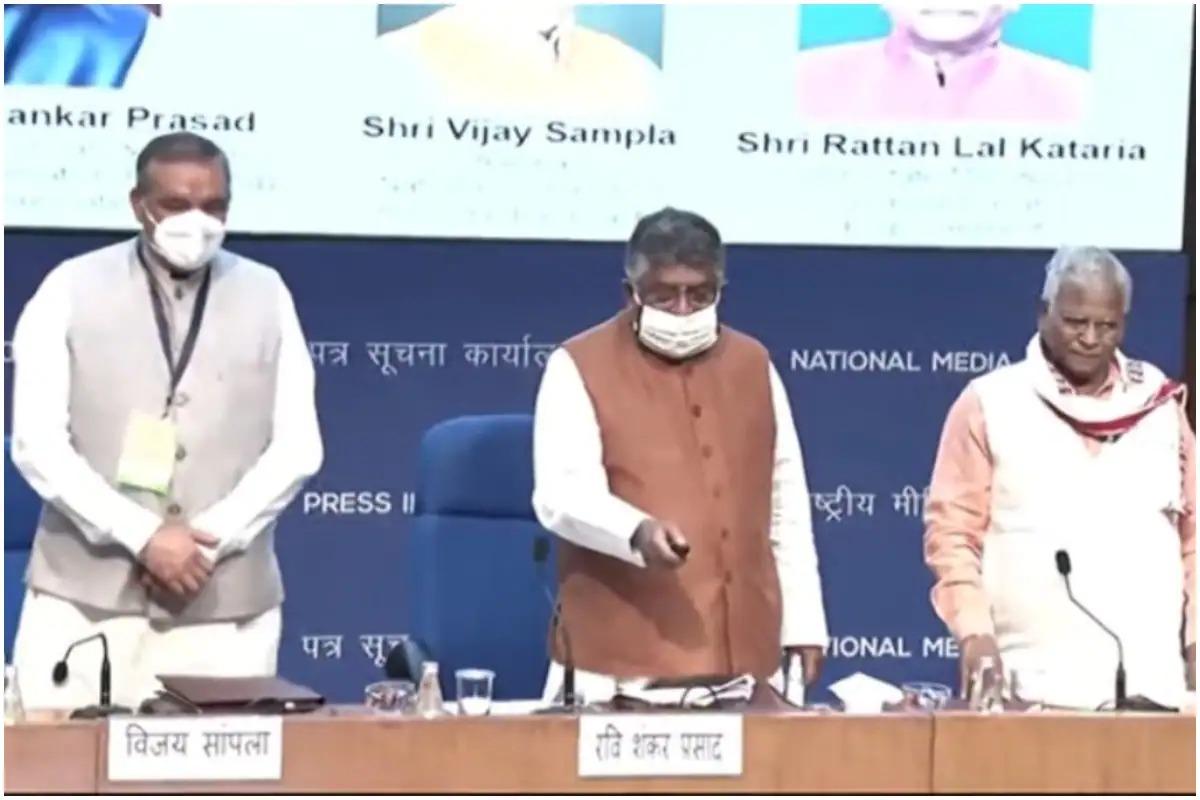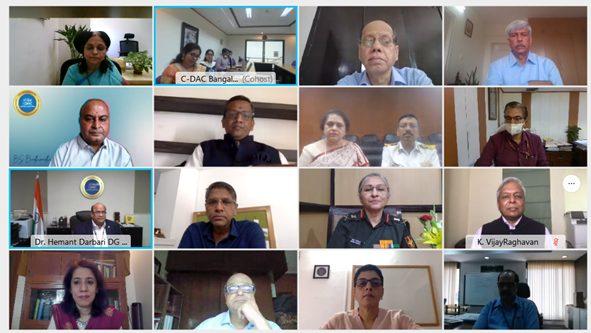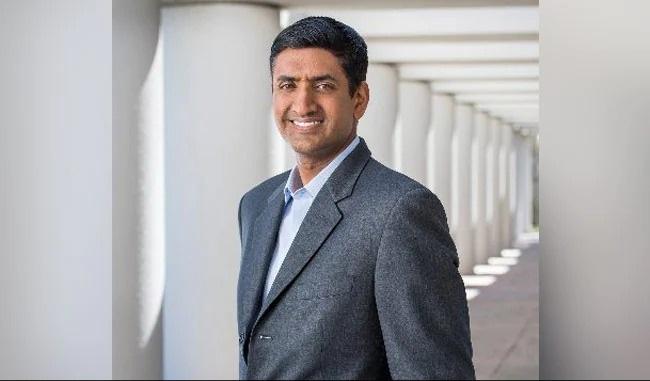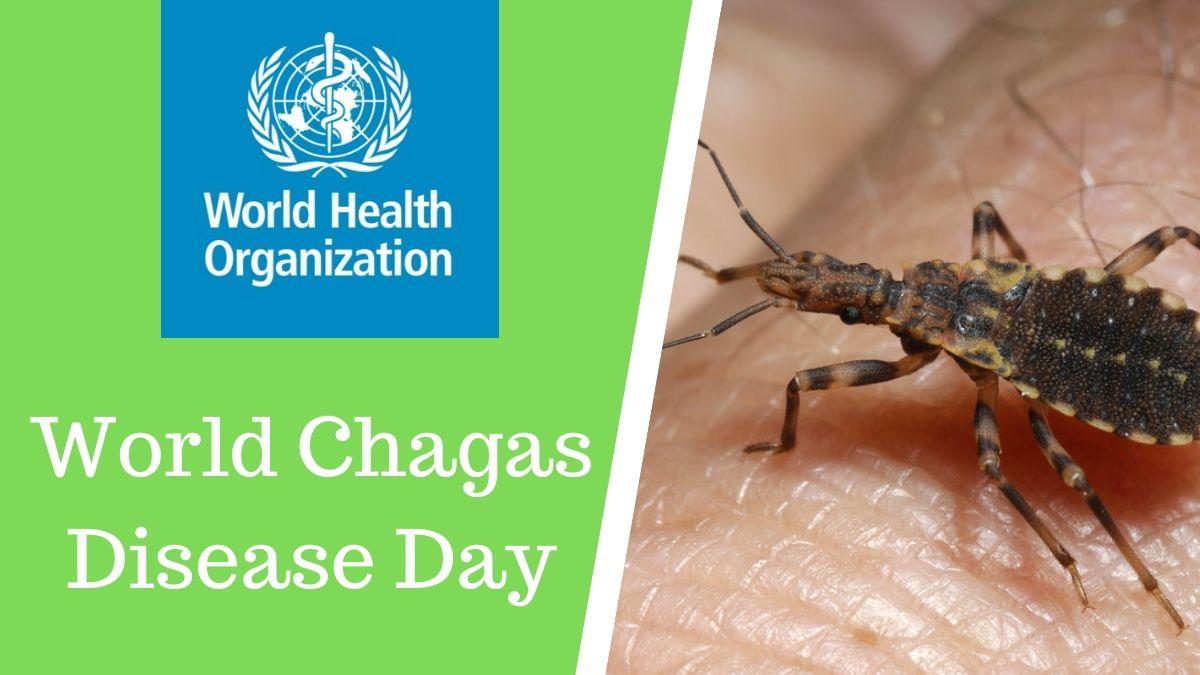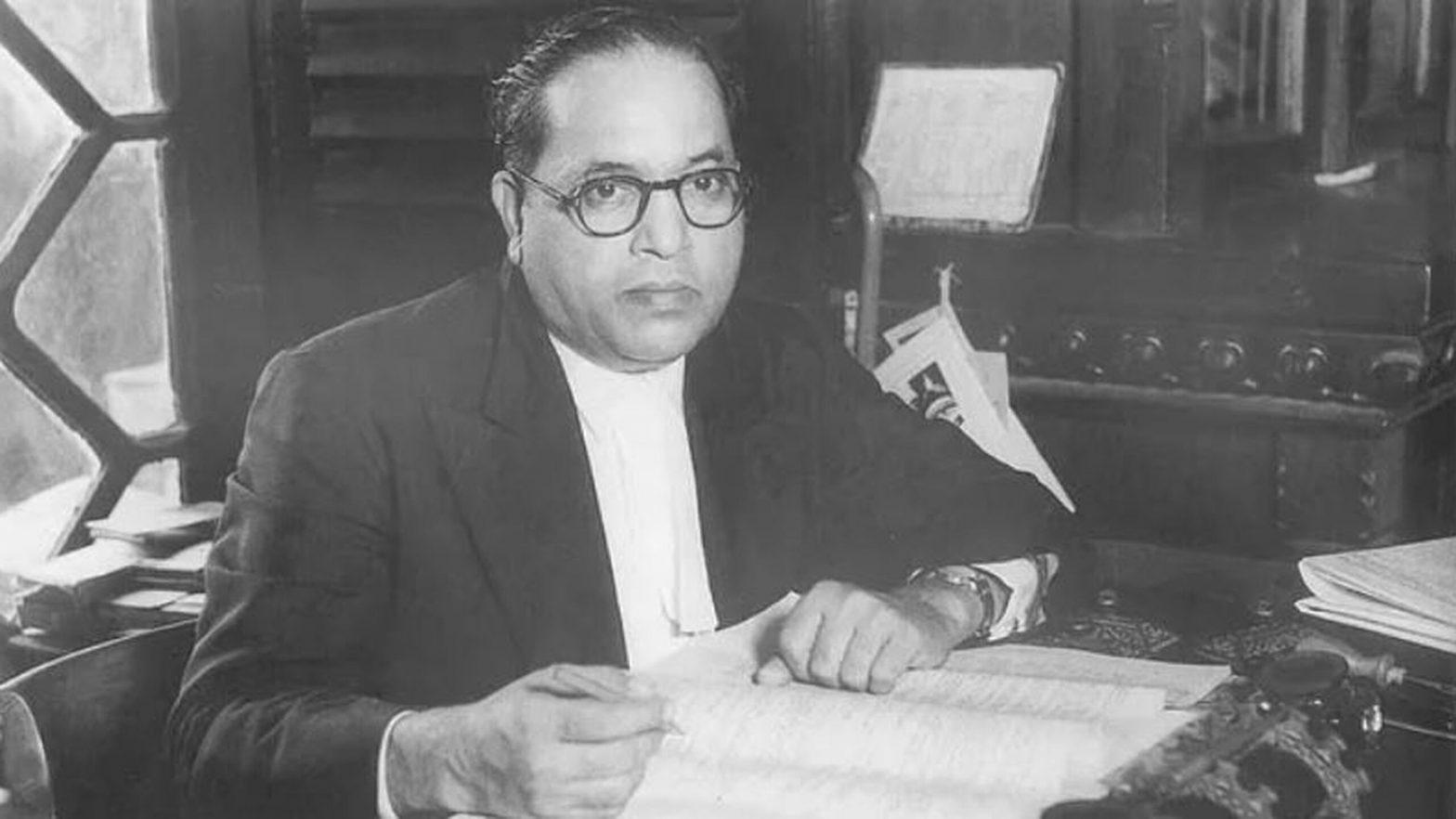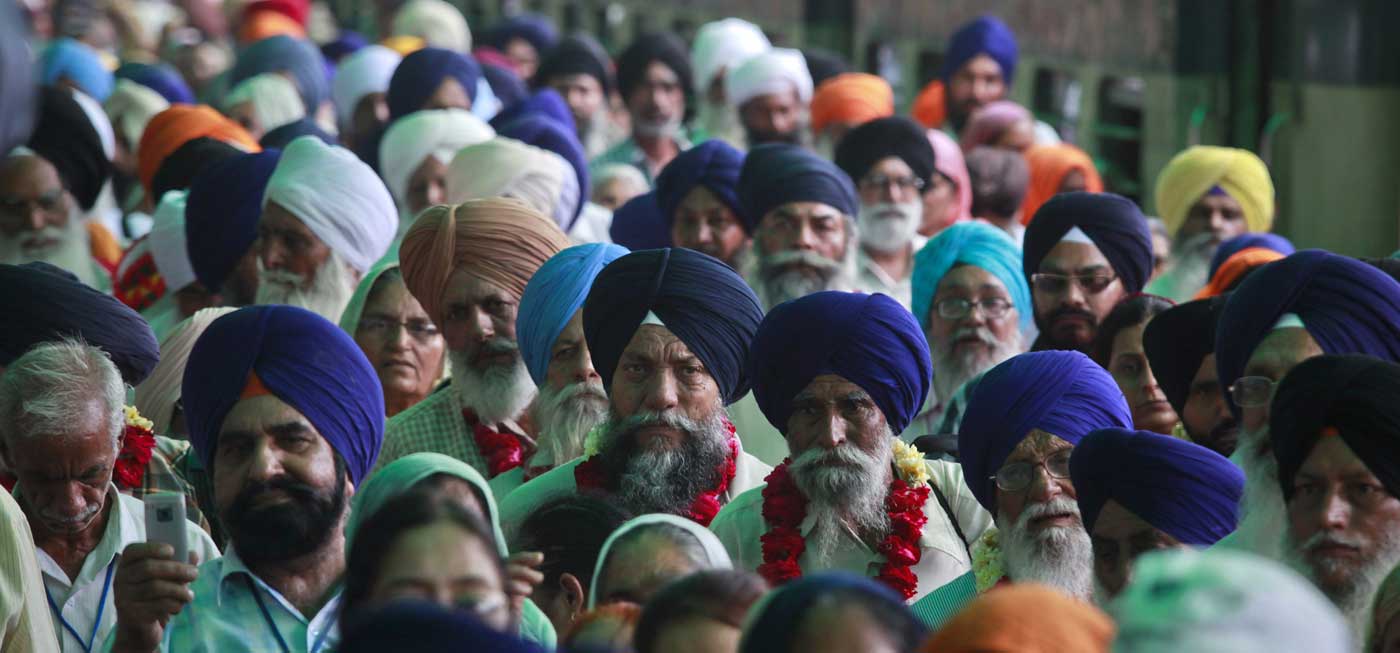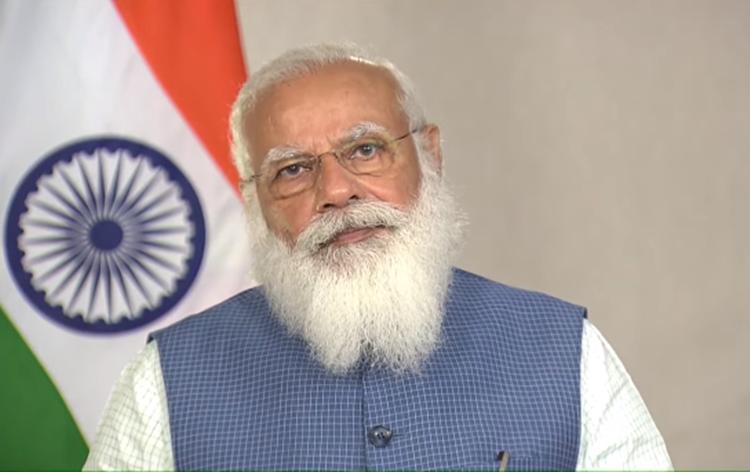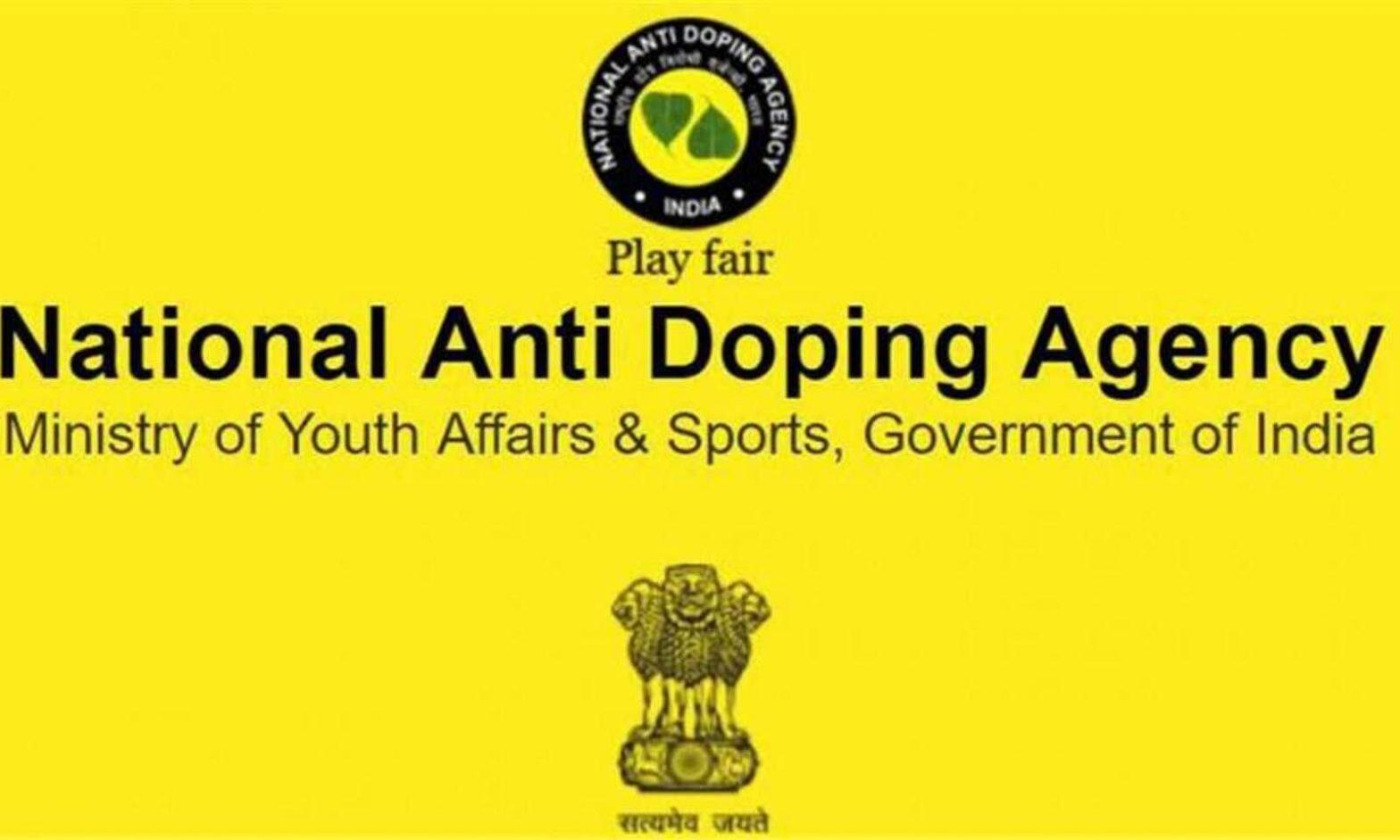Why in news?
- The National Company Law Appellate Tribunal (NCLAT) recently spelt its findings on various aspects on spectrum trading and ownership.
- It also ruled on spectrum trading and liability of buyers and sellers.
What are NCLAT’s key rulings?
- As per a September 2020 order of the Supreme Court, the NCLAT had to decide mainly on three aspects:
- whether spectrum could be subjected to proceedings under the insolvency code
- how would the payment be made by the telecom companies (telco) if there was spectrum trading
- how would the liability of seller and buyer of the spectrum be decided
- 1) Spectrum is an intangible asset of the telecom company.
- It could thus be subjected to insolvency or even liquidation proceedings.
- However, the NCLAT said that the same could be done only if the buyer or the seller of the spectrum had cleared all the dues of the Department of Telecommunications (DoT).
- This, experts said, is likely to create problems for the insolvency process of the three telcos that are undergoing insolvency.
- These are Reliance Communication, Videocon, and Aircel.
- It’s because the DoT is now likely to ask the bidders for these companies to first clear its dues in entirety before proceeding with the resolution plan.
- 2) Telcos can try to trigger insolvency against themselves under Section 10 of the Insolvency and Bankruptcy Code.
- Such an insolvency process, if triggered, would lead to a moratorium on licence fee and deferred spectrum payments as per IBC rules.
- Thereby, it allows the licensee to escape the said dues.
- NCLAT has thus said that this would not be allowed if done with a “malicious intent” of avoiding payment of pending dues.
- Allowing it would mean that the DoT, being an operational creditor, gaining very less value for the asset.
- This is because operational creditors are placed below financial creditors under the IBC.
- 3) The NCLAT has also held that the telecom companies only have the right to use the spectrum and not own it.
- This again effectively blocks lenders to the companies from creating any charge or claim on the said spectrum.
- This means that despite the DoT being an operational creditor in scheme of things, it will get priority in payments from any prospective bidders.
- As, the statutory dues owed to it will have to be cleared either by the corporate debtor or the bidders.
- 4) NCLAT said that since spectrum is a scarce natural resource, it must be used optimally by all licencees.
- It has, therefore held that spectrum should not be available for use for any of the telcos or licensees if the dues are not cleared.
Source: The Indian Express
Quick Fact
NCLAT
- The NCLAT was constituted under Section 410 of The Companies Act, 2013.
- It was tasked to hear appeals against the orders of the NCLT (National Company Law Tribunal).
- It is also the appellate tribunal for orders passed by -
- the NCLT under Section 61 of the Insolvency and Bankruptcy Code (IBC), 2016,
- the Insolvency and Bankruptcy Board of India (IBBI) under Sections 202 and 211 of the IBC


